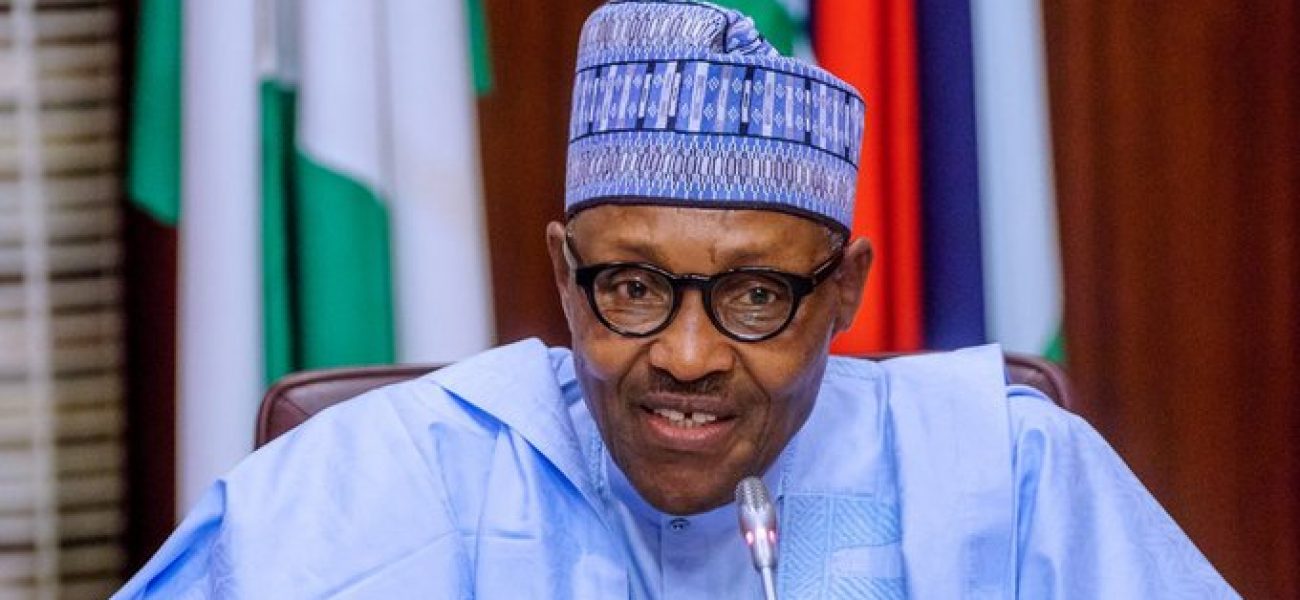At a meeting with officials of the Independent National Electoral Commission (INEC) early this week, Nigeria’s President, Muhammadu Buhari spoke in anger against those he described as “misbehaving” in certain parts of the country, apparently referring to separatist groups in the South East of Nigeria. The President in his remarks said:
“Am I not leading the country according to the Constitution? What do
they want? So whoever wanted diversion or destruction of the system
at this point, I think they will soon have the shock of their lives. I think
we have given them enough latitude. They have made their case. They
just wanted to destroy the country. Because, what do they want? We are
concentrating on infrastructure because no country or institution can
develop without infrastructure.”
“Now for those of us who were unfortunately in the field for more than
30 months of the civil war, to see the carnage of how we killed
ourselves, at least a million people. I think those who are misbehaving,
you are either too young, they did not know what happened but for
those of us who went through all these things… we can’t understand, so
we will treat them in the language they understand. …so we are going to
be very hard sooner than later…”
The President’s remarks have come as a shock to many Nigerians who worry that the language and words used evoke very strong sentiments amongst the people of the South East, who went through a harrowing, brutal civil war experience that led to the killing of more than three million people of the region. These memories have remained and manifested in what the people of the South East believe is the unfair treatment they continue to receive from the Nigerian State. Indeed, the people of the South East have repeatedly complained of marginalisation in proportions never before seen since Buhari came to power in 2015. They complain that Buhari’s government has embarked on policies that seek to further remove them from participation in national politics and economy. The President’s statement is also coming against the background of the recent statement and order given by the newly appointed Acting Inspector General of Police, IGP Usman Alkali Baba, for police personnel on operations to deal ruthlessly with criminal elements in the South East. According to the Acting IGP, “…Don’t sit down and even defend your formations, your places of work. Go out and look for them as they are looking for you and deal with them ruthlessly.”
No doubt, the security situation in the South East has deteriorated in recent months, with public assets and infrastructure burnt and damaged. Several police stations and offices of INEC in Imo, Anambra, Ebonyi, Enugu, Abia and Akwa Ibom States have been attacked. These criminal activities have been described as such by several individuals and organisations, with a call on persons responsible to desist from their condemnable acts. Citizens and organisations have also condemned these destructive activities and called on security agencies to investigate and apprehend those responsible for them, in order to ensure that copycat criminals do not spread these anarchist activities across the country. This call on security agencies to act, also insists that this must be within the remits of human rights and the rule of law.

